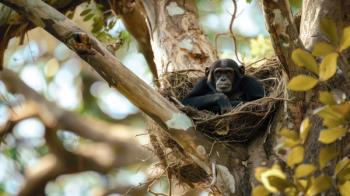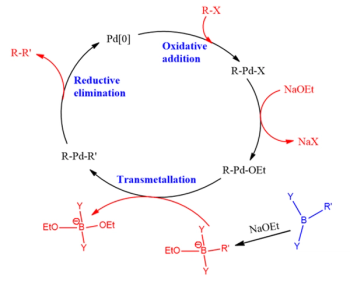
- The Column-01-15-2013
- Volume 9
- Issue 1
Bugs boost wine aroma
A new strain of the enzyme ß-glucosidase isolated from the microbial strain Aureobasidium pullulans (Sp? ß-gl) improves the aroma of wine, according to a team of Brazilian researchers.1
A new strain of the enzyme ß-glucosidase isolated from the microbial strain Aureobasidium pullulans (Sp– ß-gl) improves the aroma of wine, according to a team of Brazilian researchers.1 Published in Appl. Biochem Biotechnol., the study indicated that the Sp– ß-gl strain functioned over a wide range of pH levels, had two peaks of optimum temperature and was tolerant to ethanol.
The aroma of wine is made up of volatile organic compounds (VOCs) and enzymatic treatment can release VOCs bound to sugars in wine to increase the aroma. One key class of flavouring compounds, glycosides, specifically terpenes (linalool, geraniol and nerol), are bound to sugar within the wine. Hydrolysis by enzyme treatment can free the sugar, releasing free terpenols. A significant increase of the level of free terpenols (linalool, geraniol and nerol) was identified using gas chromatography–mass spectrometry (GC–MS), validating the use of Sp– ß-gl in the improvement of wine aroma.
Scientists and winemakers have studied the microbial ecosystem within wine for some time. Societies of microbes exist within wine, and the relationships between different strains can be studied within this medium. These relationships are important to winemakers because they can change the composition and taste.
Traditionally, ß-glucosidase derived from fungus was used to improve aroma, however, this can result in the hydrolysis of anthocyanins producing aglycones, which are potentially toxic. Therefore, new strains of microbial enzymes for wine production are always in demand.
Reference
1. M. Baffi, T. Tobal, J. Lago, M. Boscolo, E. Gomes and Roberto Da-Silva, Appl Biochem Biotechnol, DOI: 10.1007/S12010-012-9991-2 (2012).
Articles in this issue
Newsletter
Join the global community of analytical scientists who trust LCGC for insights on the latest techniques, trends, and expert solutions in chromatography.




